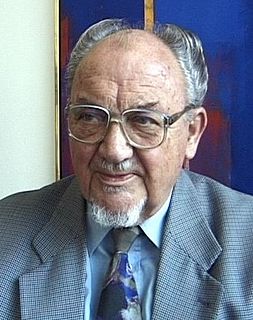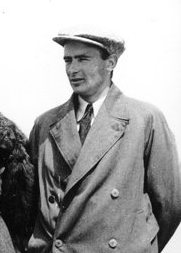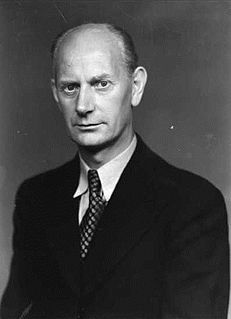
General elections were held in Denmark on 4 December 1973 and in the Faroe Islands on 13 December. It has since been referred to as the Landslide Election, as five new or previously unrepresented parties won seats, and more than half the members of the parliament were replaced. The Social Democratic Party, which had led a minority government until this election, lost a third of their seats. After the election Poul Hartling, the leader of the liberal Venstre, formed the smallest minority government in Denmark's history with only 22 seats, supported by the Progress Party, the Conservative People's Party, the Social Liberal Party, the Centre Democrats and the Christian People's Party.

Federal elections were held in Germany on 20 February 1890. The Centre Party regained its position as the largest party in the Reichstag by winning 106 of the 397 seats, whilst the National Liberal Party, formerly the largest party, was reduced to 42 seats. Despite receiving the most votes, the Social Democratic Party won only 35 seats. Voter turnout was 71.5%.
The Democratic Party is a center-right party in Bulgaria led by Alexander Pramatarski. The party is a member of the European People's Party (EPP).

Parliamentary elections were held in Norway on 9 and 10 September 1973. The Labour Party remained the largest party, winning 62 of the 155 seats in the Storting.

Parliamentary elections were held in Norway on 11 September 1961. The result was a victory for the Labour Party, which won 74 of the 150 seats in the Storting. Although it lost its absolute majority, the Labour Party was able to continue in government.

Parliamentary elections were held in Norway on 10 October 1949. The result was a victory for the Labour Party, which won 85 of the 150 seats in the Storting.

Parliamentary elections were held in Greece on 25 September 1932. All 254 seats in the Lower House of the Greek Parliament, the Vouli, were elected, as well as one-third of the seats in the Senate. The outcome was an ambivalent result for the two biggest parties, the Liberal Party of Eleftherios Venizelos and the People's Party. The People's Party received a plurality of votes in the Lower House elections, but won fewer seats than the Liberal Party. The Liberals also won the most seats in the Senate.

Parliamentary elections were held in Greece on 31 March 1946. The result was a victory for the United Alignment of Nationalists, an alliance that included the People's Party, the National Liberal Party, the Reform Party, which won 206 of the 354 seats in Parliament. As a result Konstantinos Tsaldaris became Prime Minister leading a right-wing coalition. Nonetheless, he soon decided to resign in favor of Themistoklis Sophoulis, who led a government of national unity during the entire second phase of the civil war (1946–1949). One of the priorities of the new government was the proclamation of a plebiscite for the restoration of the Greek monarchy.

Parliamentary elections were held in Norway on 19 October 1936, the last before World War II and the German invasion of Norway. The result was a victory for the Labour Party, which won 70 of the 150 seats in the Storting.

Parliamentary elections were held in Norway on 16 October 1933. The result was a victory for the Labour Party, which won 69 of the 150 seats in the Storting.

Parliamentary elections were held in Norway on 17 October 1927. The result was a victory for the Labour Party, which won 59 of the 150 seats in the Storting.

Parliamentary elections were held in Bulgaria on 4 September 1911. The result was a victory for the People's Party-Progressive Liberal Party alliance, which won 190 of the 213 seats. Voter turnout was 47.2%.

Parliamentary elections were held in Bulgaria on 23 February 1914. The result was a victory for the Liberal Concentration, an alliance of the Liberal Party, the People's Liberal Party and the Young Liberals Party, which won 126 of the 245 seats. Voter turnout was 67.1%.

The Liberal Party was a political party in Bulgaria and the main force in domestic politics between independence in 1878 and the mid-1880s when it dissolved into several different factions.

The Progressive Liberal Party was a political party in Bulgaria.
The People's Party was a political party in Bulgaria between 1894 and 1920.

The Young Liberals Party was a political party in Bulgaria during the early 20th century.

The National Liberal Party was a political party in Bulgaria.









